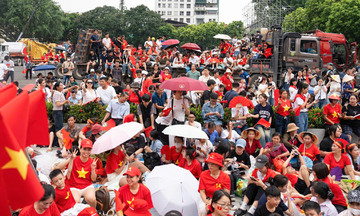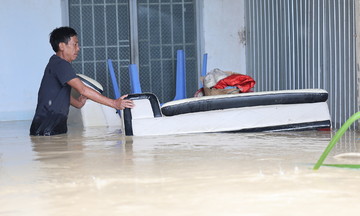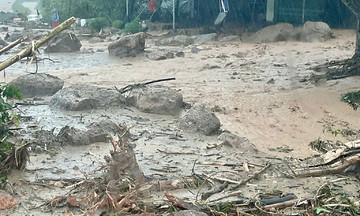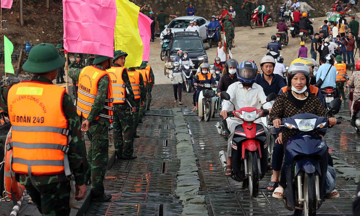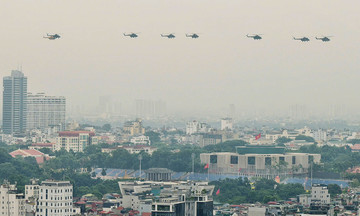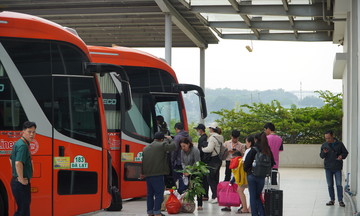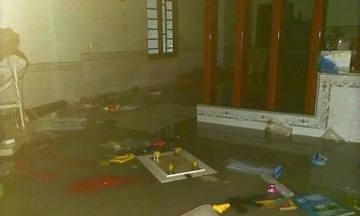Hanoi is exploring a program to financially assist residents in trading in approximately 450,000 gasoline-powered motorbikes within Ring Road 1. This initiative is part of the city's implementation of Directive 20 issued by the Prime Minister concerning air pollution control, as revealed by Hanoi Vice Chairman Duong Duc Tuan on 14/7.
The financial aid policy will be based on a thorough review of different user groups and vehicle types. The city will report to the City Party Committee and submit the policy to the People's Council for approval. The policy is expected to cover almost all costs associated with the transition, including registration fees and new electric vehicle registration fees.
In addition to this trade-in program, Hanoi is investing in green transportation infrastructure to meet the needs of residents within the area. The city plans to increase the number of small electric buses (8-12 seats) and 4-seat electric vehicles for inner-city transport within Ring Road 1. Simultaneously, the development of urban railway lines is being expedited. The Cat Linh - Ha Dong and Nhon - Hanoi Station lines are already operational in this area, with the Ho Tay - Hoa Lac and Nam Thang Long - Tran Hung Dao lines planned for future development.
Hanoi will incorporate charging stations for electric cars, motorbikes, and other clean energy vehicles into its urban planning. "Initially, the city will prioritize installing charging stations at static traffic points, parking lots, and residential buildings," Tuan said.
Vice Chairman Tuan emphasized the city's commitment to providing maximum support, targeting specific user groups, and creating the most favorable conditions for residents living within Ring Road 1, as well as those who frequently travel to the area.
On 14/7, Hanoi established an interdisciplinary task force to advise the People's Committee on implementing tasks related to the transition to green transportation and the development of electric vehicle charging infrastructure.
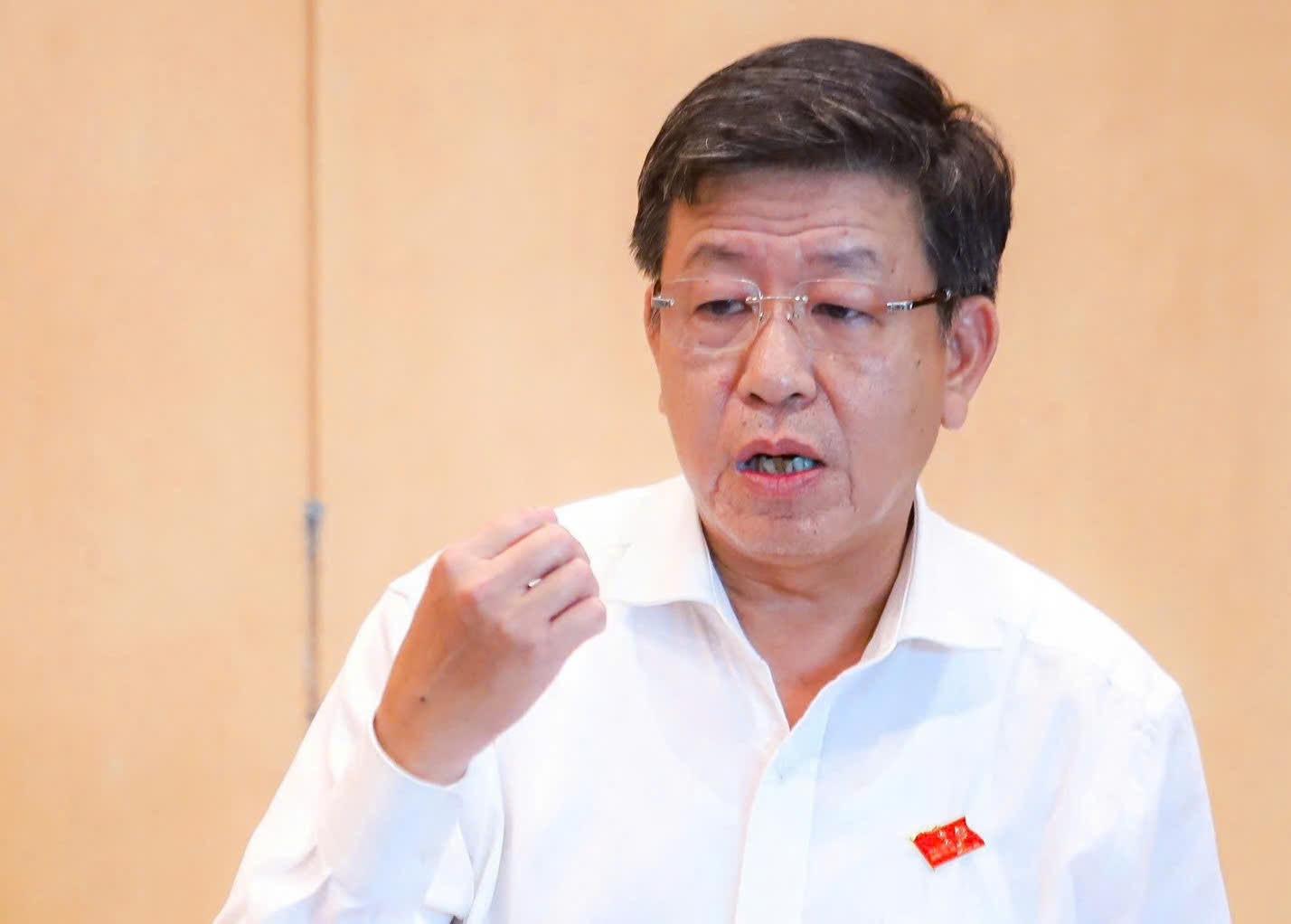 |
Hanoi Vice Chairman Duong Duc Tuan. Photo: Hoang Phong |
Hanoi Vice Chairman Duong Duc Tuan. Photo: Hoang Phong
According to Directive 20 issued on 12/7, the Prime Minister has mandated that Hanoi implement a roadmap to ban fossil fuel-powered motorbikes in the city center by mid-2026, and expand the low-emission zone citywide by 2030.
Specifically, gasoline-powered motorbikes and mopeds will be prohibited within Ring Road 1 starting 1/7/2026. From 1/1/2028, the restriction will extend to Ring Road 2, including a ban on motorbikes and restrictions on personal cars using fossil fuels. By 2030, the plan will further expand to Ring Road 3.
The directive also requires Hanoi to establish support policies for residents transitioning to alternative vehicles and encourage the use of public transport by 30/9. Additionally, support policies for businesses manufacturing and assembling clean energy vehicles are required.
Starting in Quarter III/2025, Hanoi will consider increasing registration fees, license plate fees, and parking fees within the city center for fossil fuel vehicles.
Currently, the city has over 9.2 million vehicles, of which about 8 million are directly managed by the city, including 1.1 million cars and 6.9 million motorbikes. Approximately 1.2 million vehicles from other provinces also regularly travel within Hanoi.
Vo Hai





